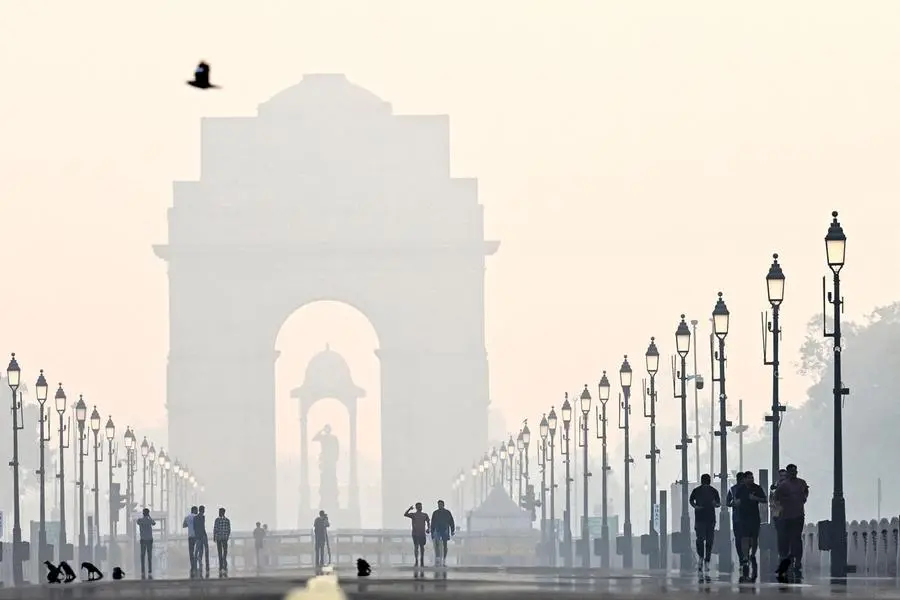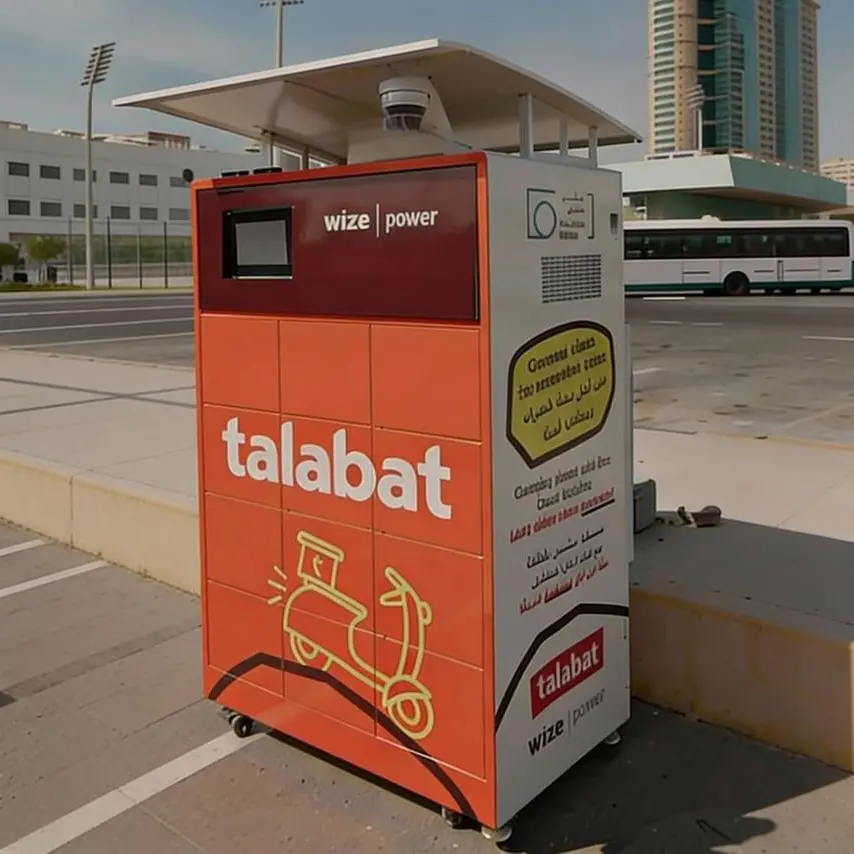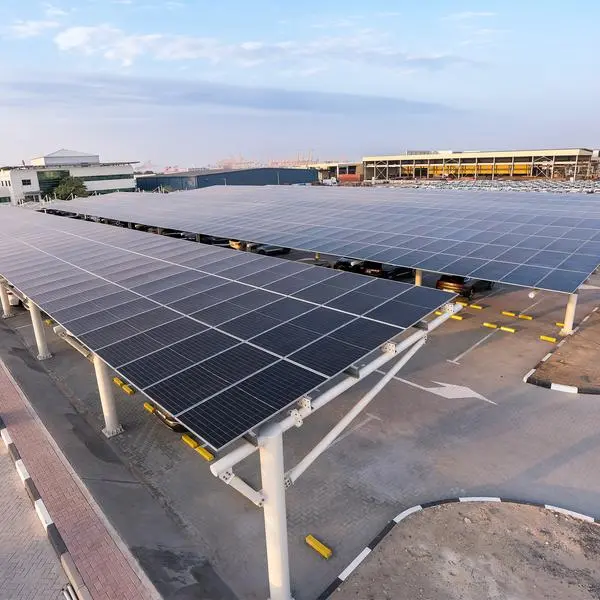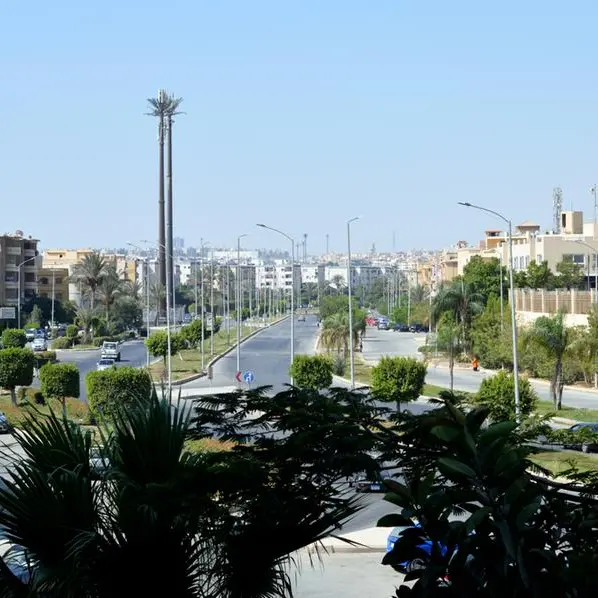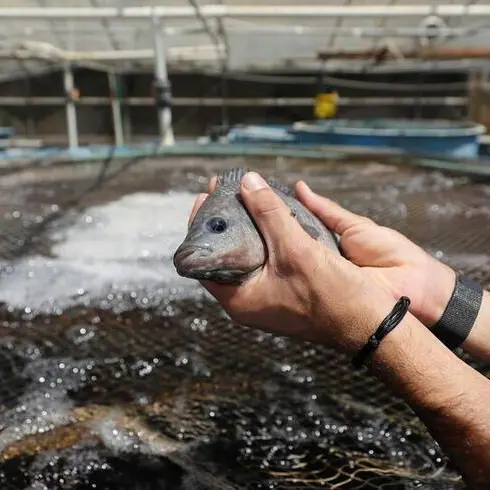PHOTO
The air quality in Pakistan's smog-choked city of Lahore on Sunday fell below the threshold considered "hazardous" for humans for the first time in two weeks.
The AQI index reached a daily average of 243, still "very unhealthy" but below the highest level of 300 considered "hazardous".
The level of PM2.5 particles was also more than 10 times higher than the level deemed acceptable by the World Health Organization.
The city of 14 million people close to the border with India peaked at a record AQI of 1,110 on November 14.
Punjab, home to more than half of Pakistan's 240 million people, closed schools in its major cities on November 6, and on Friday extended the closure to November 24.
It has also banned all outdoor sports in schools until January, and cracked down on polluting tuk-tuks, barbecues and construction sites in pollution hot spots across Lahore.
Seasonal crop burn-off by farmers on the outskirts of the city also contributes to toxic air the WHO says can cause strokes, heart disease, lung cancer and respiratory diseases.
